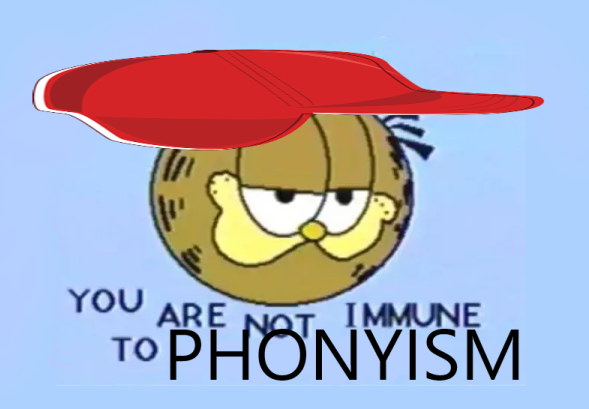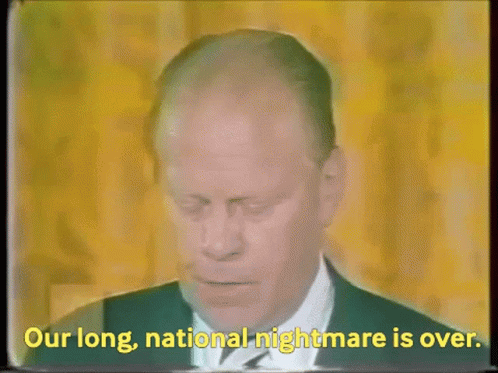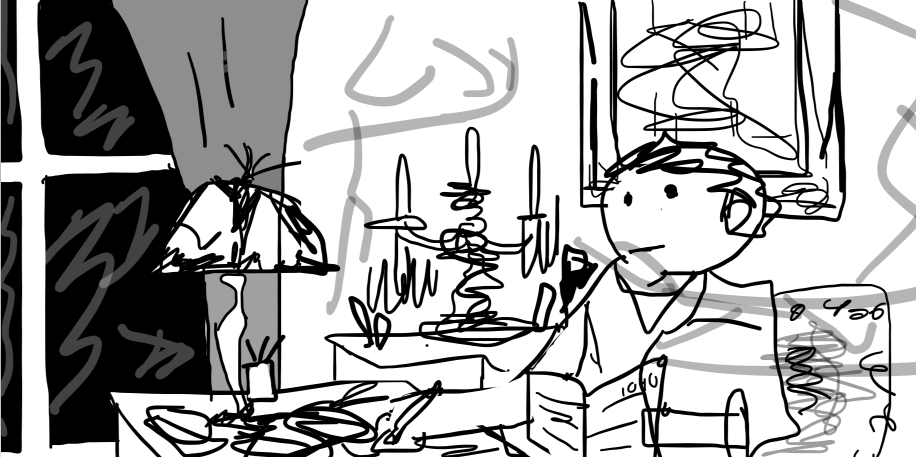Jason Taylor eschews the Daily Mail, immediately gains sentience
Our long national nightmare is- oh for fuck's sake you've got to be kidding me.
Part of Jason's coming-of-age narrative in Black Swan Green is a change in how he views the world. I guess that's a no-brainer. A more mature person's obviously gonna have a more consistent and changed worldview. Of course, that applies to how he views bullies, friends, and et cetera. But that's not the focus of this blog. Because that's no fun to write about. Instead, I'm going to insult the government.
And track Jason's coming-of-age by talking about Margaret Thatcher and Romani people.
Really Jason, you're going to read the Daily Mail?Starting with the Falklands War in "Rocks"
Margaret Thatcher frazzled this twerpy prat in a bow tie on BBC1 this evening. We've got zero sympathy for the [derogatory term for Argentinian] bastards. Mrs. Thatcher said something like, "The fathers and mothers of our country did not elect me the prime minister of this country to gamble with the lives of their sons over questions of legal niceties. Must I remind you that we are a country at war?" The whole studio cheered and the whole country cheered too, I reckon, 'cept for all those Loony Lefters.
(page 101)
Jason LOVES Margaret Thatcher, showing those Loony Lefters who's boss! Jason HATES [derogatory term for Argentinian] bastards! Everybody's cheering! He follows the line of Thatcher (the big cool prime minister) perfectly and uncritically, and parrots her quotes.
The Daily Mail says:
- It's typical of a tinpot Latin paper pusher to make stupid quips about life and death.
- the Argies should've thought about the consequences before they stuck their flag on our sovereign colony ("Argies" sounds like a slur, and Wikipedia lists it as one, soooo, not going to use that after this)
- Galtieri's brand of patriotism is the last refuge of the scoundrel (Jason doesn't even talk like this)
- Galtieri only invaded the Falklands to distract attention from all his own people he's tortured, murdered, and pushed out of helicopters over the sea (Google Operation Condor)
(pg. 101)
And (according to Jason) The Daily Mail's:
- Dead right
- Dead right again
- As right as Margaret Thatcher (a double edged sword. I also do believe that the Daily Mail is as right as Margaret Thatcher)
(p. 101)
He really loves the Daily Mail, huh? Eats it right up, because they're dead right. And because they push very appealing talking points during a time of blind patriotic fervor.
And he also eats up hearsay from other, more "authoritative individuals," who happen to be as jingoistic and nationalistic as the Daily Mail. Including the very trustworthy source of Nick Yew, Tom Yew's little brother. He says that the Sheffield (British ship that got sunk) was an unlucky fluke. Our anti-missile systems'll be modified to knock down the Exocets from now on. So we should be getting our islands back pretty soon.
(101-102)
Really, Nick? Are you really sure what you're saying is true? How much are you willing to bet on that?
Truly the most exemplary sources of information that Jason's receiving. It hurts to watch him repeat it all to us. The result of this, as we see a few scenes later (after some classic familial strife), is Jason's incredible naive remark to Julia, "We're British. Why would the government lie?" (106)
The Guardian? I guess that's a bit better.
Of course, the blind patriotism, and stunning lack of media literacy soon wears off for Jason. Whether it's even more ships getting hit, disproving Nick's claim, or the war just generally becoming more brutal than expected, or Tom Yew's death, the events of the war cause Jason to adopt a less jingoistic view.
When the war ends with a British victory, despite all the frenzied celebrations which Jason describes on page 115, Jason isn't particularly swayed. He says he "should be really happy." But he isn't. He then goes on to talk about The Guardian, Julia's preferred news source. It offers a much less 'glorious' view of the war, assigning the British victory less to their righteousness and more to the Argentinians running out of missiles and not actually putting most of their military into the fight. It also talks about the extreme cost of the war and the thousands of mines left on the Islands due to the war.
One very important detail is that this second pass at viewing the war doesn't use any ethnic pejoratives.
Jason, exhausted by the familial conflict which I've been glossing over, agrees with this line after a while, and turns against the Daily Mail, commenting about how its latest story is about celebrity sex scandals. He ends the chapter with an angry denouncement of conflict, having sobered up, having learned a lesson about following jingoistic mobs.
But wait! It's not over! You are cursed to read another section about Romani people!
Now with that unflattering 'before picture' out of the way, let's skip ahead around 4 months to Knife Grinder, a chapter about NIMBYs, and racist discrimination against Romani people in Jason's home village.
A lot of the environment around Jason in Knife Grinder is similar to that in Rocks. A large majority of the people in the town are all united in one cause, rooted in dislike for an 'othered' group (Argentinians in Rocks, Romani in Knife Grinder). It seems like almost everybody doesn't want the Romani around.
However, instead of immediately jumping in on the discrimination party, Jason doesn't get himself involved in it. When Romani people are first mentioned a few pages in, he remains mostly a bystander, reporting what happens because he's aware he doesn't know better. He only forwards Knife Grinder's words to his dad, and asks some questions about "where did [the Romani] live originally, and why don't people like them" (223). He's not racist, hesitant to form opinions, and also unable to understand why people hate the Romani so much. Progress!
His first real opinion in the chapter on this issue is on page 225-226, where he wishes he just paid the Knife Grinder, taking his pacifist bent acquired from Rocks to heart in practicing conflict avoidance.
The biggest source of second-hand information that Jason gets is from his dad and his acquaintances, namely the petitioner who knocks on their door, and the speakers at the village meeting. They all take the racist approach pretty uniformly. His dad seems to have been influenced by the Daily Mail, as he's caught red-handed reading it on page 224. One speaker even says the n-word during his speech. But unlike in Rocks, Jason doesn't buy into their views.
Later on in the chapter, Jason goes to Dean's house, where Dean's dad gives his take on the issue in opposition to the racism of the rest of the village. Jason writes: "I didn't know what I should say, so I just nodded" (232). Although he doesn't straight up agree with Dean's dad, he gives it more mental airtime than than he does to the "Loony Lefties" in Rocks.
The big moment in Knife Grinder is when he wanders off straight into a caravan of Romani people. Although at first he's pretty cautious, Jason eventually begins to get along with the rest of the caravan fairly well. They talk normally, and the Romani share their perspective on the whole thing, saying how "Gorgios" (crackers) "Don't know one fat rat squeak" about them, and lamenting about how others treat them. What beats rampant misinformed discrimination based on second-hand rumors is talking to people first-hand. I'd imagine that Romani people generally know more about their group than non-Romani people do.
Jason learns this lesson too, and at the end of the chapter he says a little speech of his own to the Gypsies, concluding: "They're scared of you. They don't understand you, you're right. If they could just...it'd be a start if they could just sit here. Get warm, round your fire, and just listen to you. That'd be a start."
Good job, Jason. You are less racist at the end of this coming-of-age novel than you were at the beginning.
Epilogue
"'We must tighten our belts,' says Margaret Thatcher, though she isn't, not personally. 'There is no alternative'"
(259)




Comments
Post a Comment